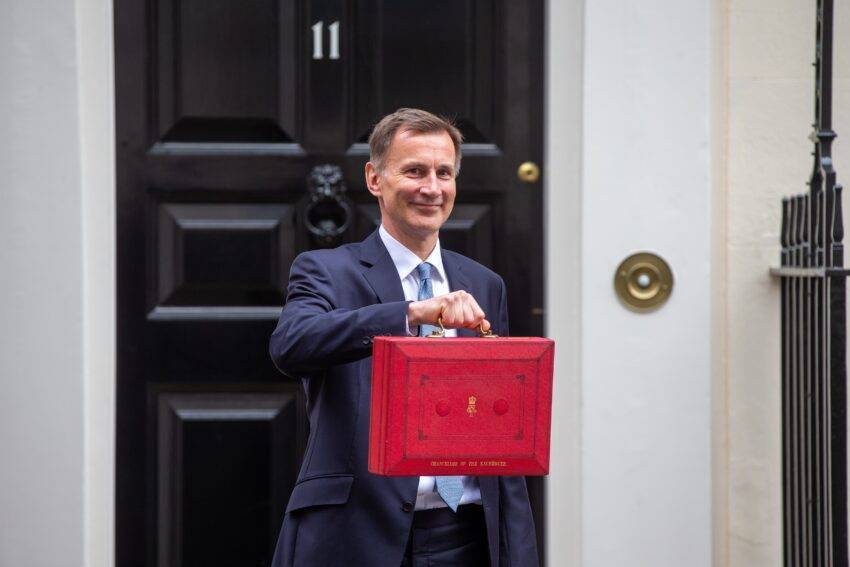As Chancellor Jeremy Hunt prepares to unveil the government’s latest tax and spending measures in the upcoming spring budget, all eyes are on the Conservative government’s strategy to alleviate the heavy tax burden on British workers and stimulate growth following the recent recession.
Scheduled for presentation to MPs in the Commons on Wednesday, March 6, the spring budget is anticipated to be the Conservatives’ final fiscal announcement before the looming general election later in the year. Here are some predictions on what might be included in Chancellor Hunt’s budget speech:
Tax Cuts
Hunt has long hinted at the possibility of tax cuts to relieve households facing the highest tax burden since the 1950s. With the tax burden projected to reach its highest level since the aftermath of World War II, the Chancellor is likely to prioritise measures to ease this strain on taxpayers.
The scope of any tax cuts will depend on how much fiscal headroom the chancellor has against his budget rules. In last November’s autumn statement, the OBR said Hunt had a margin of only £13 billion, one of the lowest on record; that was helped by the fact he had an additional year to meet his target to bring down the debt by 2028.
A reduction in the basic rate of income tax is among the potential “big bang” tax cuts being considered by the government, which could benefit more than 31 million workers. Treasury officials have been modelling the impact of a 2p cut in the basic rate, although this would consume a significant portion of the Chancellor’s fiscal headroom.
Another option to reduce personal taxes on workers could involve a further reduction in the rate of national insurance, following the 2p cut introduced earlier in the year.
Fuel Duty
The government is expected to extend the freeze on fuel duty for a 14th consecutive year and maintain the 5p cut to petrol taxes introduced in 2022 to alleviate the impact of the global energy crisis.
Inheritance Tax
There has been speculation about a potential reduction or outright abolition of inheritance tax, a levy considered unpopular by many. However, any changes to inheritance tax could have significant implications for government revenue, with abolition estimated to cost £7 billion.
Tourism Tax
Chancellor Hunt is under pressure to address the “tourism tax” introduced by his predecessor, Kwasi Kwarteng, which ended duty-free shopping for international tourists in 2022. There are calls for a reassessment of the policy’s impact on the economy, with potential implications for VAT-free shopping.


